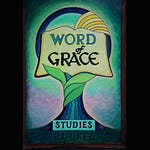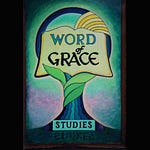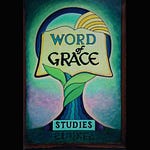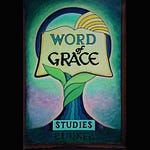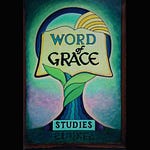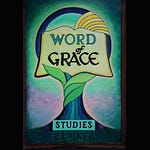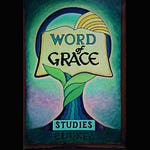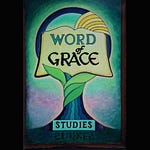In this session on anthropology, we move into the second major section of the study by examining the biblical concept of the heart. Building on earlier lessons that distinguished body, soul, and spirit and addressed the question of dichotomy versus trichotomy, this message explains how Scripture uses “heart” (Hebrew lēv / lēvav, Greek kardia) as a distinct term, not merely another name for soul, spirit, or body.
Drawing from passages such as Hebrews 4:12, Psalm 51, Proverbs 15, Deuteronomy 4:29, Mark 7, Genesis 6, 1 Kings 3 and 8, Luke 21, Jeremiah 17, Romans 1, Ephesians 4, James 1, Matthew 15, and Acts 5, the study shows that the heart:
is distinct from body, soul, and spirit yet closely related to all three;
is involved in thinking, reasoning, and understanding;
experiences joy, sorrow, fear, and gladness;
can be influenced by physical conditions such as excess and drunkenness;
is the point of commonality where input from body, soul, and spirit comes together and where conscious decisions are made.
The lesson also explores how the fall has damaged the heart—it can be hardened, darkened, deceitful, and self–deceived, especially in relation to God and His truth. Yet Scripture also describes how God searches the heart, exposes its deception, and provides His peace to guard the heart and mind in Christ. This sets the stage for upcoming studies on the mind, will, and conscience, further unpacking how Scripture precisely describes human inner life and decision-making.



